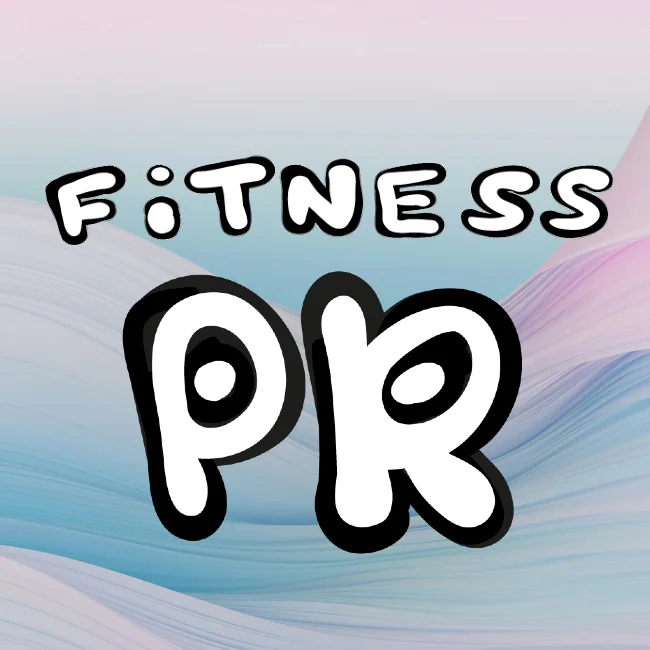Jean Christophe Gabler • February 13, 2025
Fitness PR: How Mental Training Improves Performance and Client Retention
We asked wellness expert and publisher J.C. Gabler for his advise for fitness entrepreneurs on the demand of mind-body activities.

Author: Jean Christophe Gabler | | YOGI TIMES
J.C. Gabler is a passionate writer and wellness advocate. With a diverse background in mindfulness, yoga, and holistic living, he shares insights to inspire and uplift readers. His work emphasizes the importance of balance, wellness, and personal growth, making him a trusted voice in the wellness community.
A strong body means nothing if the mind is not trained with the same level of discipline. Many clients hit plateaus not because their bodies cannot handle more but because they mentally check out when things get tough. Visualization before a lift improves execution by strengthening neural pathways. Reaction-based training, where clients respond to cues while moving, sharpens awareness and builds confidence under pressure.
Mental conditioning should be programmed with as much care as physical training. Clients who learn to regulate effort, control focus, and manage discomfort perform better and stay more engaged in their workouts. Breath control under stress, guided visualization before complex lifts, and cognitive training during movement create an environment where clients feel more capable. Trainers who apply these principles create programs that challenge both body and mind, which keeps clients coming back because they feel real progress in every part of their training.
Integrating mental training into a structured fitness program requires more than occasional mindset coaching. It needs to be woven into every stage of training, from warm-ups to peak performance moments. Breathwork can start with simple box breathing during warm-ups and progress to stress-inducing drills under high-intensity loads. Cognitive drills can be introduced early with simple reaction tasks and gradually incorporated into complex movements that require focus and decision-making under fatigue. A lifter might visualize their execution before a heavy attempt, while an endurance athlete might learn to control negative thoughts during long training sessions. Over time, these techniques become automatic, giving clients an edge when training gets difficult.

Pitch your brand to 500+ fitness journalists. PR ON THE GO provides an Excel spreadsheet of over 500 fitness journalists, wellness editors, and fitness content creators.
Get the PR ON THE GO Global Fitness Media List here
Measuring the impact of mental training strengthens its credibility. Performance tracking should go beyond physical stats to include metrics like reaction time under fatigue, consistency in execution, and perceived effort during challenging sets. Athletes who master breath control often recover faster between efforts. Those who practice visualization tend to show greater consistency in movement patterns under stress. Clients who engage in cognitive training develop faster decision-making skills, which translates to smoother and more efficient movement. When mental gains are tracked alongside physical progress, clients see the connection between their mindset and their results.
Trainers who promote mental training effectively use more than abstract concepts to convince clients. Real success stories, combined with tangible progress markers, provide proof that mental strength improves physical performance. A weightlifter who overcame hesitation before big lifts or a sprinter who extended their endurance by controlling internal dialogue makes a stronger case than any general statement about mindset. Offering structured mental training workshops, challenges, or performance assessments allows clients to experience the benefits firsthand. Those who develop mental resilience stay committed to their programs longer because they gain more than just physical strength. They build the ability to push through discomfort, which extends beyond training into other areas of life.
#PRontheGO
Subscribe to the PR ON THE GO newsletter.
Receive the latest media news in your inbox. Discover journalists and start pitching!